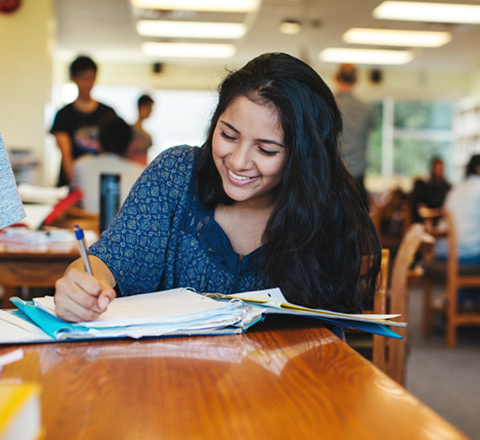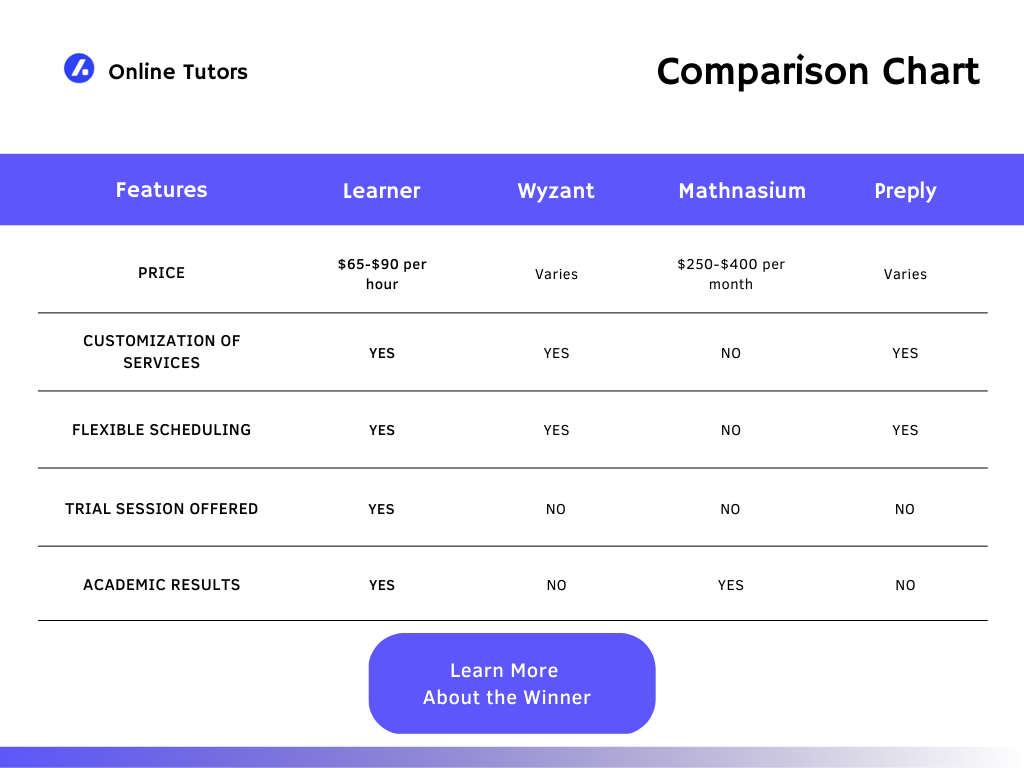Beginner’s Tips for Effective Geometry Help or In-Person
Wiki Article
Geometry Tutoring: A Customized Strategy to Mastering Principles and Improving Qualities
Geometry tutoring supplies an unique possibility for pupils to improve their understanding of mathematical concepts. With a concentrate on individualized guideline, tutors can address details obstacles and adapt to specific discovering styles. This targeted strategy not just clarifies intricate topics however also promotes confidence in pupils. As students navigate the nuances of geometric concepts, they might find unanticipated advantages that expand past the class. What might these benefits be?Recognizing the Relevance of Personalized Geometry Tutoring
Although numerous students deal with geometry as a result of its abstract concepts, customized tutoring can considerably improve their understanding and confidence. This personalized technique enables tutors to tailor lessons to meet each student's distinct discovering design, rate, and details challenges (Geometry Tutoring). By concentrating on areas where pupils might have problem, tutors can provide targeted descriptions and technique, making certain that foundational principles are strengthened prior to advancing to a lot more complex subjectsTailored tutoring cultivates an encouraging atmosphere where students feel comfy asking inquiries and sharing complication. This support can substantially reduce anxiety, permitting students to involve even more completely with the material. Because of this, pupils typically experience a boost in motivation and self-efficacy. In addition, customized tutoring can help link the space between class guideline and personal comprehension, inevitably resulting in improved efficiency in geometry. On the whole, the value of individualized geometry tutoring lies in its capability to satisfy specific requirements and promote scholastic growth.
Trick Ideas Covered in Geometry Tutoring Sessions
Geometry tutoring sessions incorporate a selection of important ideas that form the structure of the subject. Key topics include the study of factors, lines, angles, and various geometric forms, such as quadrangles, triangles, and circles. Tutors concentrate on residential properties and theses connected to these shapes, consisting of congruence, similarity, and the Pythagorean thesis.Another essential location of focus is the understanding of measurement, consisting of location, perimeter, and volume estimations. Additionally, tutors present pupils to coordinate geometry, where they find out to assess the relationships between geometric numbers and algebraic equations.
Transformations such as translations, rotations, and representations are also substantial topics, as they assist trainees imagine changes in form and setting. Finally, tutoring sessions usually cover the concepts of geometric evidence, cultivating sensible thinking and essential reasoning abilities crucial for mastering the topic. Collectively, these ideas give a comprehensive structure for comprehending geometry.
Advantages of One-on-One Tutoring for Geometry Proficiency
While several pupils take advantage of group discovering atmospheres, one-on-one tutoring uses tailored guideline that greatly enhances geometry mastery. This customized approach enables tutors to attend to each trainee's distinct discovering design and speed, ensuring that principles are completely understood. Personalized focus allows trainees to ask questions openly, promoting a deeper understanding of complex geometric concepts.Moreover, one-on-one tutoring provides prompt comments, allowing trainees to fix errors and strengthen their understanding in real-time. This instantaneous information can significantly decrease frustration and anxiousness typically related to challenging topics like geometry.
Furthermore, the concentrated setting minimizes interruptions, allowing pupils to concentrate completely on their knowing purposes. Therefore, one-on-one tutoring not just increases scholastic performance however also aids construct self-confidence in mathematical abilities. Eventually, this personalized assistance can lead to improved grades and a much more profound admiration of geometry as a subject.
How to Choose the Right Geometry Tutor
How can a student pick the most suitable geometry tutor? It is necessary to examine the tutor's credentials and experience in mentor geometry. A solid history in mathematics education or an associated area can suggest proficiency. Next, students must consider the tutor's teaching style and whether it lines up with their understanding choices. Some trainees flourish with an organized strategy, while others may profit from a much more versatile, engaging method.In addition, examining evaluations or testimonies from previous students can provide insights into the tutor's performance and relationship. Availability and location are also significant variables; discovering a tutor who can accommodate the pupil's routine improves the possibility of consistent sessions. Finally, a test session can help determine compatibility. This first meeting allows trainees to determine the tutor's communication skills and capacity to discuss complicated concepts plainly, eventually resulting in an extra educated choice.
Techniques for Efficient Geometry Knowing
Effective geometry learning often includes visual learning methods, which help pupils grasp complicated principles through models and representations. In addition, consistent technique and application of geometric principles strengthen understanding and retention. By incorporating these techniques, learners can boost their skills and self-confidence in geometry.
Visual Discovering Techniques
Aesthetic discovering strategies act as effective devices for pupils going across the complex world of geometry. These strategies usually involve making use of representations, models, and aesthetic help that enable learners to realize intricate concepts a lot more intuitively. For example, geometric forms can be highlighted with sketches or digital depictions, permitting trainees to envision residential or commercial properties and partnerships. Furthermore, color-coding different aspects within a representation can improve comprehension and retention. Mind mapping is one more efficient technique, helping pupils organize their thoughts and see connections in between numerous geometric concepts. By integrating aesthetic learning approaches, trainees visit this web-site can promote a deeper understanding of geometry, making abstract ideas more concrete and much easier to control. Ultimately, these strategies help with a more engaging and effective knowing experience.Practice and Application
A solid understanding of geometry calls for consistent method and application of principles discovered. Involving in regular problem-solving exercises enhances pupils' capability to visualize and adjust geometric numbers. Tutors suggest incorporating a range of problems, from fundamental shapes to much more complex evidence, to solidify understanding. In addition, students a fantastic read need to apply geometry concepts to real-world situations, such as architecture or design, to see their significance and utility. Making use of online sources, such as interactive geometry software application, can additionally enrich the knowing experience. Routine feedback from tutors can determine locations that need improvement, permitting targeted practice. Eventually, an organized strategy integrating varied methods and regular application fosters mastery and improves overall academic efficiency in geometry.Real-Life Applications of Geometry Abilities
Geometry abilities play a vital duty in numerous real-life applications, especially in fields such as architecture and style, where spatial reasoning is very important for producing practical frameworks. Furthermore, design and innovation heavily depend on geometric concepts to solve complex issues and innovate new options - Online Geometry Help. Recognizing these applications can boost gratitude for geometry past the class
Design and Design

Design and Modern technology

Frequently Asked Concerns
Just How Much Does Geometry Tutoring Commonly Expense?
Geometry tutoring typically sets you back between $25 and $80 per hour, relying on elements such as the tutor's experience, area, and whether the sessions are performed in-person or on the internet, influencing total pricing and access for trainees. - Geometry HelpWhat Qualifications Should I Try to find in a Tutor?
One ought to seek a tutor with a solid mathematics background, relevant training experience, and knowledge with different finding out designs. In addition, qualifications or degrees in education or math can enhance their reputation and efficiency in tutoring.Just How Long Do Tutoring Procedure Generally Last?
Coaching sessions typically last between one to two hours, permitting enough time for extensive description and method. The period might vary based upon the pupil's needs, subject complexity, and tutor's teaching style.Can Tutoring Accommodate Different Discovering Styles?
Yes, coaching can suit various learning styles by utilizing various training methods customized to individual needs. This individualized technique boosts understanding, retention, and application of principles, ultimately cultivating an extra reliable discovering atmosphere for each and every trainee.What Products Are Needed for Geometry Tutoring Sessions?
Vital materials for geometry tutoring sessions generally include graph paper, rulers, protractors, calculators, handouts, and books. Furthermore, aesthetic help like representations or models can enhance understanding, satisfying numerous finding out designs successfully.Geometry tutoring offers an unique opportunity for trainees to boost their understanding of mathematical concepts. Lots of students struggle with geometry due to its abstract ideas, individualized tutoring can significantly improve their understanding and self-confidence. While lots of pupils profit from team understanding environments, one-on-one tutoring supplies tailored instruction that substantially improves geometry mastery. How can a pupil select the most appropriate geometry tutor? Effective geometry knowing commonly includes aesthetic understanding methods, which help trainees understand intricate concepts via layouts and designs.
Report this wiki page